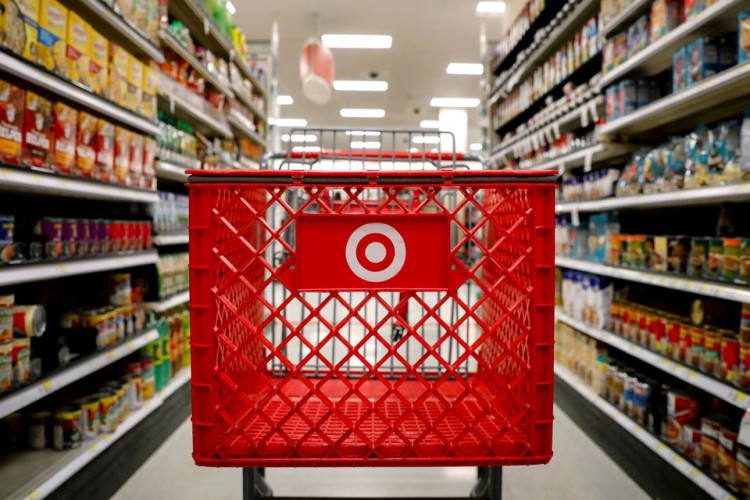Target has partnered with Shopify to introduce new and trendy brands to its online marketplace, Target Plus. This collaboration aims to diversify Target's product offerings and attract a wider customer base. Starting Monday, Shopify merchants can apply to join Target Plus, giving smaller or up-and-coming brands a platform to reach Target's extensive customer base.
Target's Chief Guest Experience Officer, Cara Sylvester, emphasized the importance of this partnership in an interview with CNBC. "Shopify will help us discover hot items and quickly make them available for Target's online shoppers," she said. Sylvester also noted that some popular items discovered through Shopify might even find their way onto Target's store shelves. "Our marketplace creates a 'halo' effect and accelerates the total business," she added.
The collaboration comes at a critical time for Target, which has faced challenges in growing its e-commerce business. The retailer has posted four consecutive quarters of declining comparable sales, with overall sales falling in three of the past four quarters. Target's digital sales saw a modest increase of 1.4% in the first quarter, marking the first such rise in over a year.
Despite the sluggish performance, Target is optimistic about returning to sales growth in the second quarter, albeit partly due to weak performance in the previous year. The retailer expects comparable sales to range from flat to a 2% increase for the full year, with adjusted earnings per share projected between $8.60 and $9.60.
The partnership with Shopify is expected to play a significant role in this turnaround. Target Plus, which was launched in 2019, currently includes over 2 million products from more than 1,200 carefully selected partners. Unlike other third-party marketplaces like Amazon and Walmart, which have millions of sellers, Target Plus operates on an invitation-only basis, ensuring a curated selection of high-quality products.
Shopify merchants in the U.S. can use Shopify's Marketplace Connect app to apply to sell on Target Plus and manage orders across various marketplaces. "It's essential for merchants to be where customers are, and as the world's leading retail operating system, we make it easier for brands to sell directly to their customers on the best channels," said Shopify President Harley Finkelstein.
Target's move to include Shopify merchants in its marketplace also aligns with broader industry trends. Major retailers like Amazon and Walmart have increasingly relied on third-party marketplaces to diversify their product offerings and drive higher profits. These platforms allow retailers to benefit from sales without the need to purchase and store inventory themselves, reducing financial risks.
In addition to expanding its online marketplace, Target is also considering offering some of the Shopify merchants' products in its physical stores. This hybrid approach is designed to enhance customer experience by providing a mix of online convenience and in-store shopping.
Target's marketplace has seen significant growth, with its seller and product count more than doubling over the past year. The retailer does not disclose the exact revenue generated through its third-party marketplace, but it is included in the "other revenue" category, which also covers credit card profit-sharing and its advertising business, Roundel. This category accounted for less than 2% of Target's $24.53 billion revenue in the most recent quarter.
While Target's stock has underperformed compared to the broader market, the company remains hopeful that its strategic partnerships and marketplace expansion will drive future growth. Shopify, which has also faced challenges with its stock down about 17% this year, stands to benefit from this collaboration by gaining access to Target's vast customer base.





